Why did the Biden administration approve the Willow Project's oil drilling in Alaska?
ConocoPhillip's new drilling project has drilled into conflict

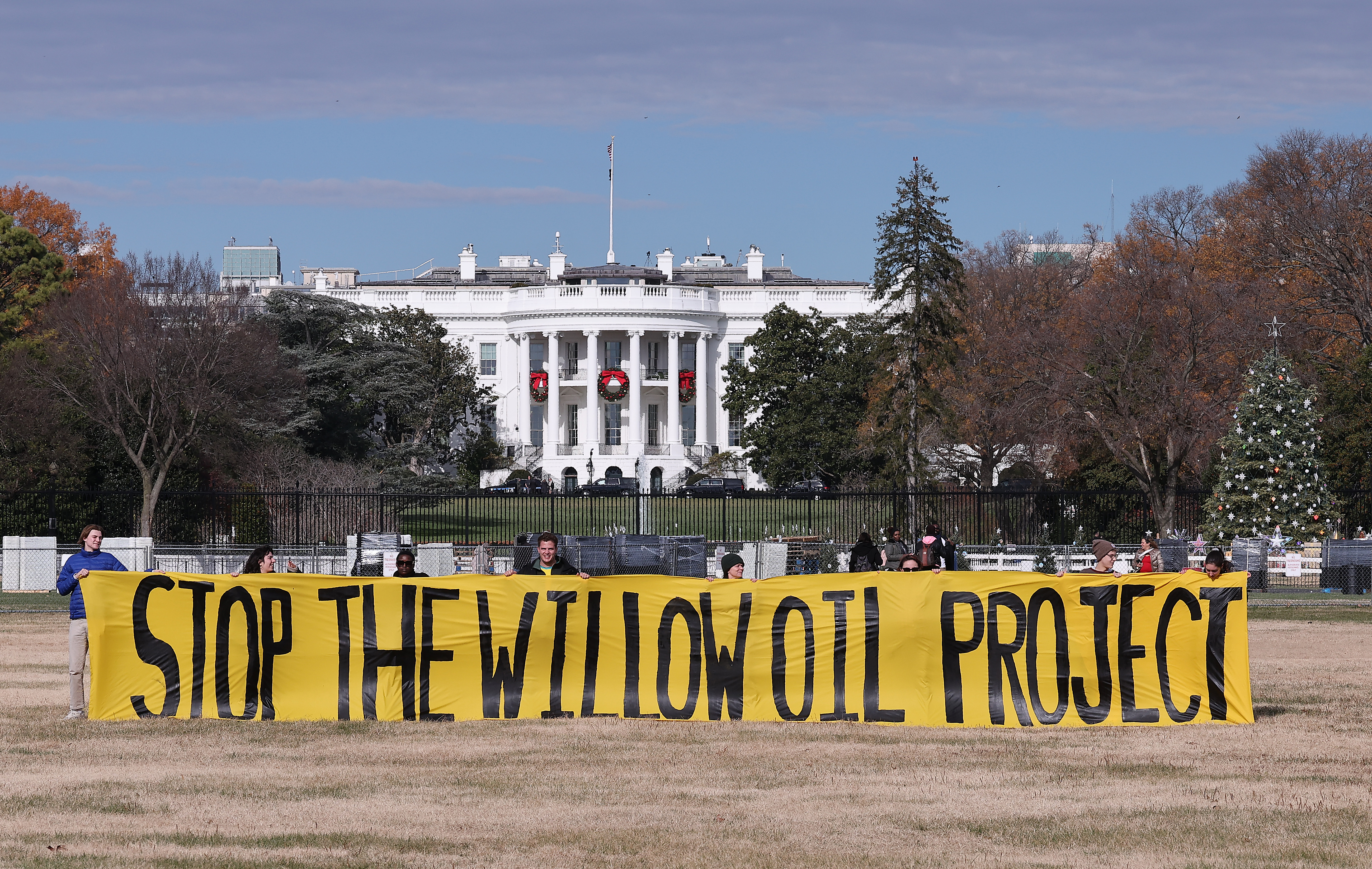
A free daily email with the biggest news stories of the day – and the best features from TheWeek.com
You are now subscribed
Your newsletter sign-up was successful
The Biden administration has approved a large oil drilling project in Alaska known as the Willow Project. The move quickly sparked outrage and debate among climate advocates and Indigenous communities. Here's everything you need to know:
What is the Willow Project?
The Willow Project is a multi-billion dollar oil drilling proposal by the oil company ConocoPhillips. The drilling is planned to take place in northern Alaska and is expected to produce approximately "180,000 barrels of oil per day at its peak," according to ConocoPhillips.
According to The New York Times, the petroleum reserve is located 200 miles north of the Arctic Circle and "is the country's largest single expanse of pristine land." The oil company had originally proposed five pads for drilling, but negotiations brought it down to three pads, still "a site large enough for them to move forward," per ConocoPhillips officials.
The Week
Escape your echo chamber. Get the facts behind the news, plus analysis from multiple perspectives.

Sign up for The Week's Free Newsletters
From our morning news briefing to a weekly Good News Newsletter, get the best of The Week delivered directly to your inbox.
From our morning news briefing to a weekly Good News Newsletter, get the best of The Week delivered directly to your inbox.
When the project was announced, a fierce debate broke out on whether the administration should approve it. Many climate advocates staunchly disapproved, citing that it could produce an additional 9.2 million metric tons of carbon pollution per year. TikTok had #StopWillow as a trending hashtag and the public created a Change.org petition with close to three million signatures, CNN writes.
On the other hand, many Indigenous groups as well as Alaska native Rep. Mary Petolta (D-Alaska) were in favor of the proposal. Petolta along with Alaska Sen. Lisa Murkowski (R) and Dan Sullivan (R) wrote in an opinion for CNN that, "clean energy cannot manifest overnight," and "we have to work our way there," claiming "a major gap between our capability to generate [clean energy] and our daily needs."
Why did the Biden administration approve the project?
Negotiations over the Willow Project took place over months, but the project itself was in the works for decades. The decision comes despite President Biden's campaign promise of "no more drilling on federal lands, period." This is largely due to lobbying and the courts.
ConocoPhillips as well as the Alaska legislature reportedly lobbied heavily in favor of the project. Also, the project had already been approved by former President Donald Trump and "had few options to cancel or significantly curtail the project" legally. Biden had initially hoped to only approve two pads for drilling but was told that it would not be sufficient to meet the goals of the project.
A free daily email with the biggest news stories of the day – and the best features from TheWeek.com
To curb the criticism from environmental groups, the Department of the Interior made three million acres "indefinitely off limits" in the Beaufort Sea in the Arctic Ocean to protect wildlife "in perpetuity from extractive development,″ BBC reports. The protections are to create a "firewall" against future oil leasing projects.
What was the reaction?
Many environmental groups condemned the decision. Greenpeace USA called the approval a "betrayal to our planet & people," on Twitter. "The climate crisis does not compromise."
"We are too late in the climate crisis to approve massive oil and gas projects that directly undermine the new clean economy that the Biden administration committed to advancing," said Abigail Dillen, president of environmental group EarthJustice. "We know President Biden understands the existential threat of climate, but he is approving a project that derails his own climate goals."
Others, including the Alaska legislature, applauded the decision. Petolta thanked the Biden administration "for listening to the voices of Alaskans when it mattered most" citing "consistent, determined advocacy for this project, from people all across the state and from every walk of life." Sullivan celebrated the approval but criticized Biden's measures to protect part of the land saying it "demonstrates that the Biden administration's unprecedented lock-up of [Alaska] will continue."
"This is in direct conflict with the Biden-Harris administration's goals of cutting climate pollution in half by 2030," commented Tiernan Sittenfeld for the League of Conservation Voters. "The new protections announced for the threatened Arctic are important, but they do not make up for Willow's approval."
Devika Rao has worked as a staff writer at The Week since 2022, covering science, the environment, climate and business. She previously worked as a policy associate for a nonprofit organization advocating for environmental action from a business perspective.
-
 6 of the world’s most accessible destinations
6 of the world’s most accessible destinationsThe Week Recommends Experience all of Berlin, Singapore and Sydney
-
 How the FCC’s ‘equal time’ rule works
How the FCC’s ‘equal time’ rule worksIn the Spotlight The law is at the heart of the Colbert-CBS conflict
-
 What is the endgame in the DHS shutdown?
What is the endgame in the DHS shutdown?Today’s Big Question Democrats want to rein in ICE’s immigration crackdown
-
 The ‘mad king’: has Trump finally lost it?
The ‘mad king’: has Trump finally lost it?Talking Point Rambling speeches, wind turbine obsession, and an ‘unhinged’ letter to Norway’s prime minister have caused concern whether the rest of his term is ‘sustainable’
-
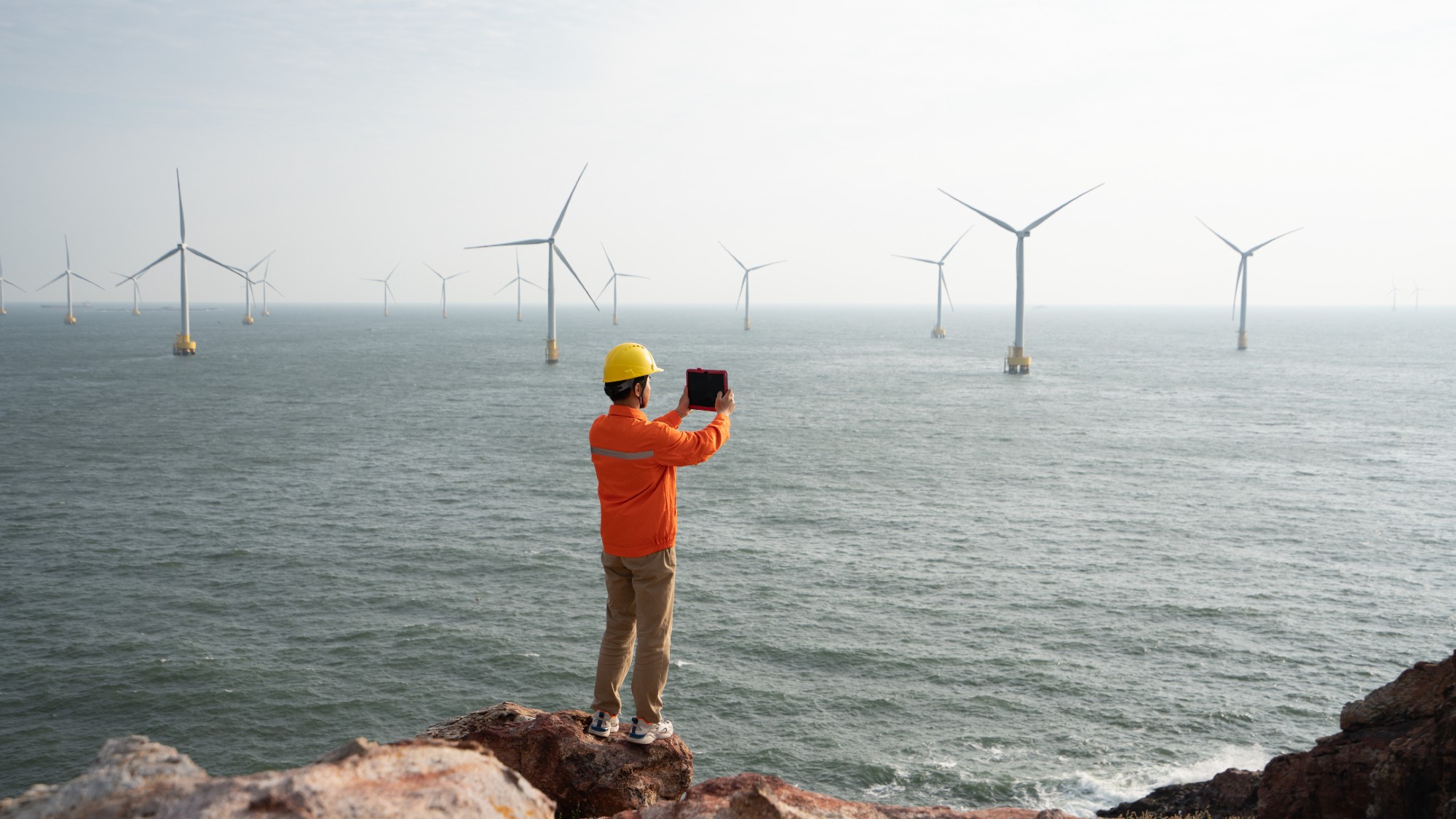 Why is Trump killing off clean energy?
Why is Trump killing off clean energy?Today's Big Question The president halts offshore wind farm construction
-
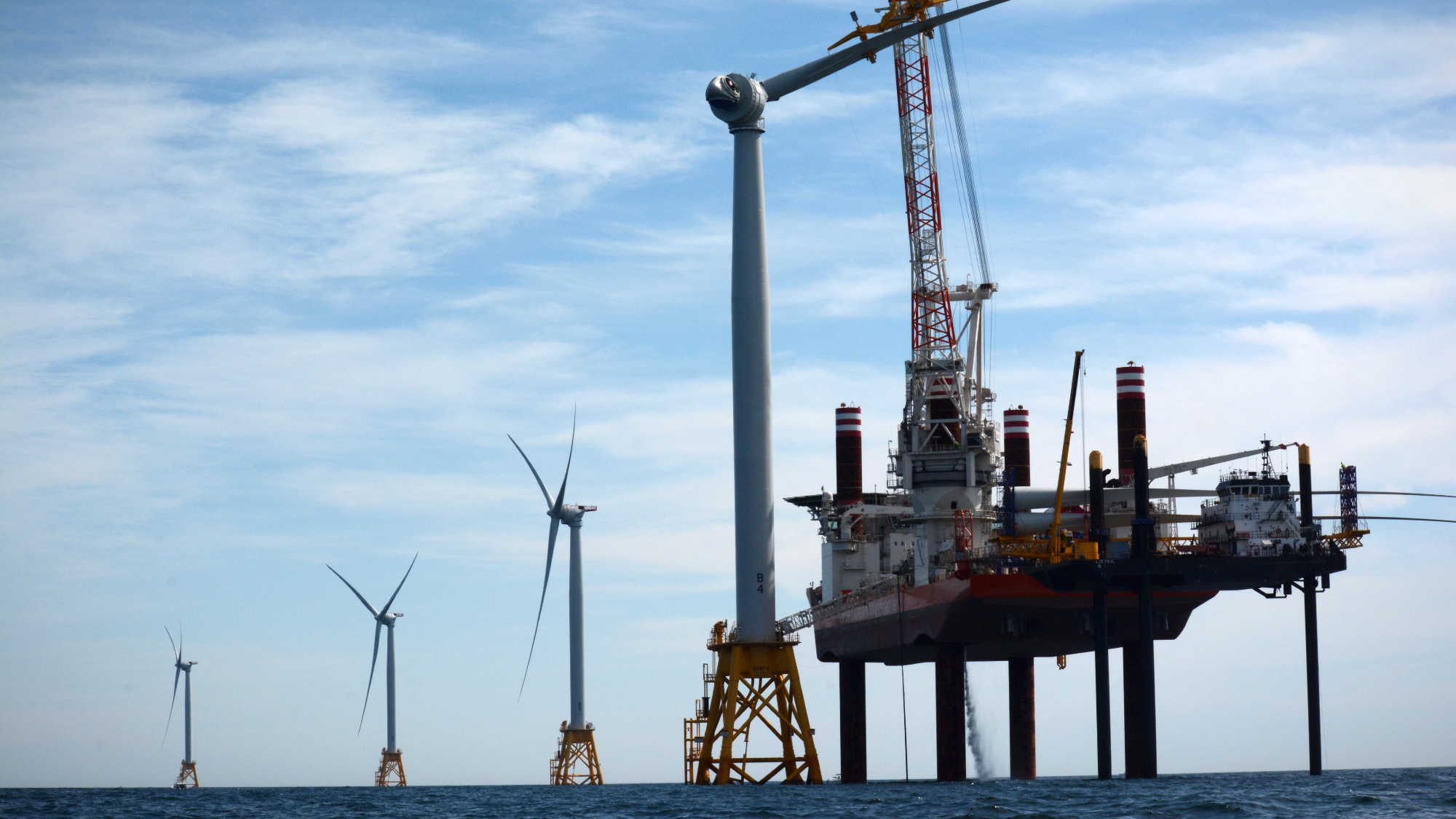 Trump halts wind power projects, citing ‘security’
Trump halts wind power projects, citing ‘security’Speed Read
-
 Memo signals Trump review of 233k refugees
Memo signals Trump review of 233k refugeesSpeed Read The memo also ordered all green card applications for the refugees to be halted
-
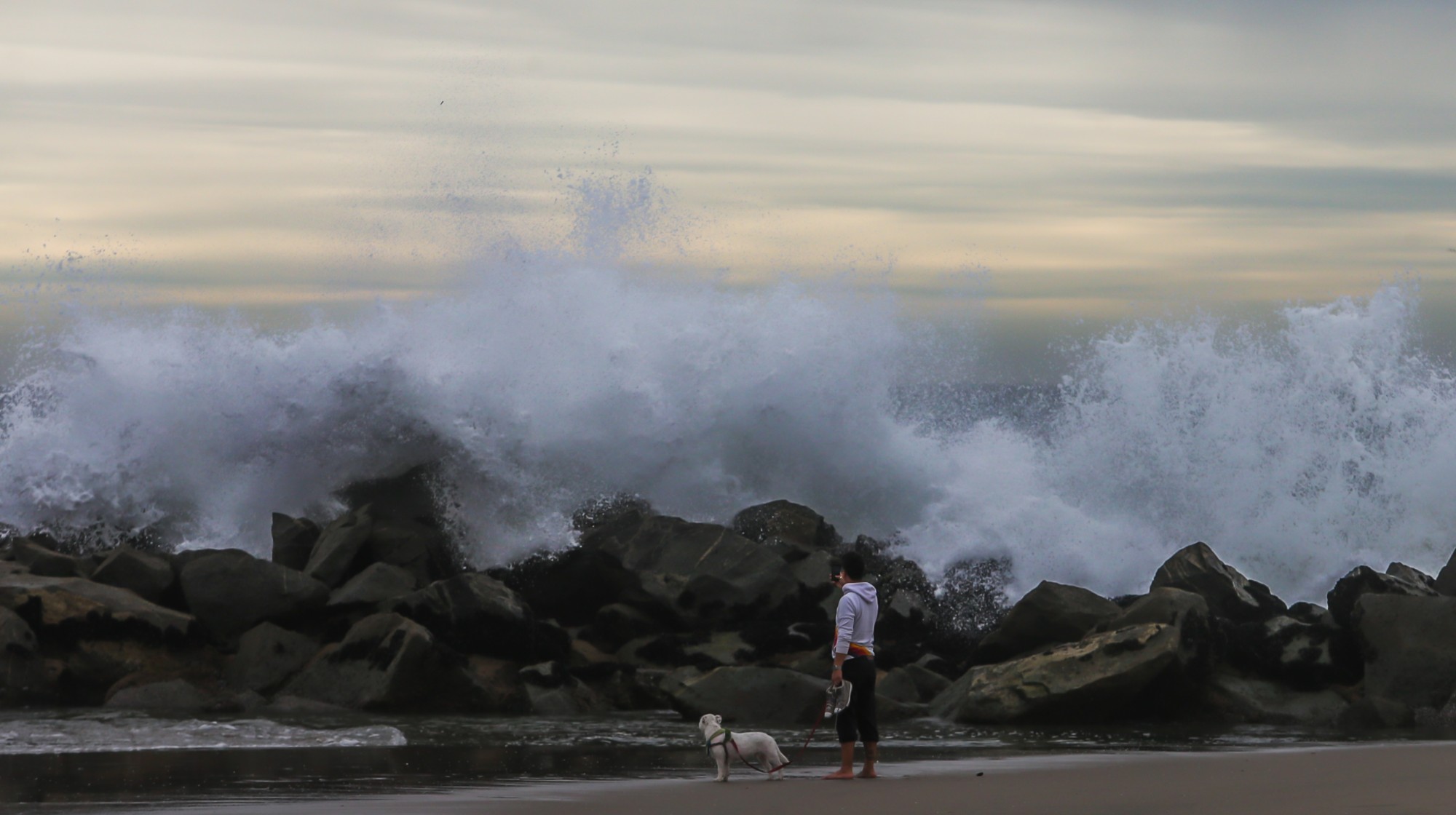 Alaska faces earth-shaking loss as seismic monitoring stations shutter
Alaska faces earth-shaking loss as seismic monitoring stations shutterIN THE SPOTLIGHT NOAA cuts have left the western seaboard without a crucial resource to measure, understand and predict tsunamis
-
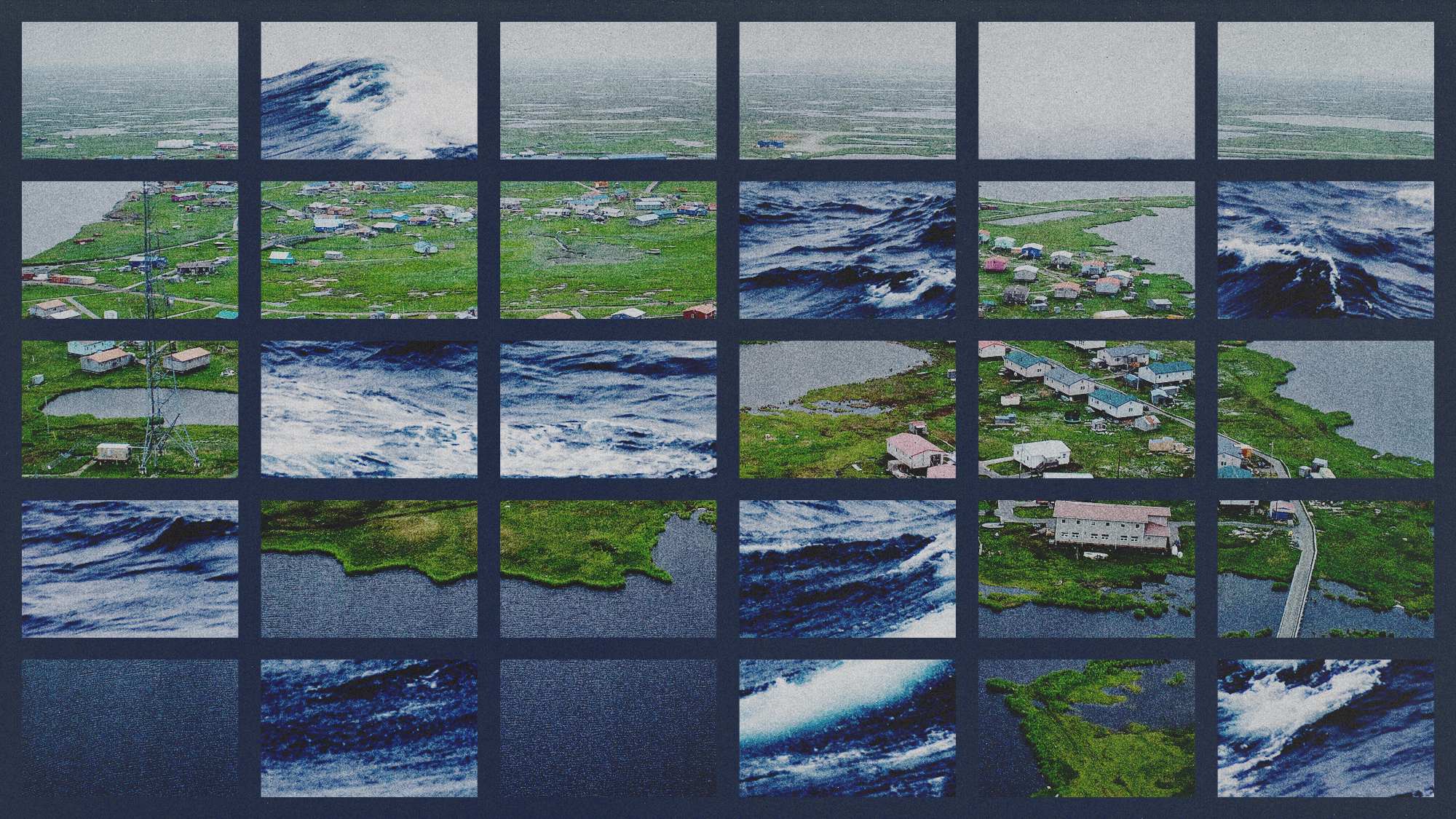 Western Alaska reels as storm aftermath prompts mass evacuations
Western Alaska reels as storm aftermath prompts mass evacuationsUNDER THE RADAR Alaskan lawmakers point to climate change as airlifts relocate hundreds from coastal communities devastated by the remnants of Typhoon Halong
-
 Democrats: Harris and Biden’s blame game
Democrats: Harris and Biden’s blame gameFeature Kamala Harris’ new memoir reveals frustrations over Biden’s reelection bid and her time as vice president
-
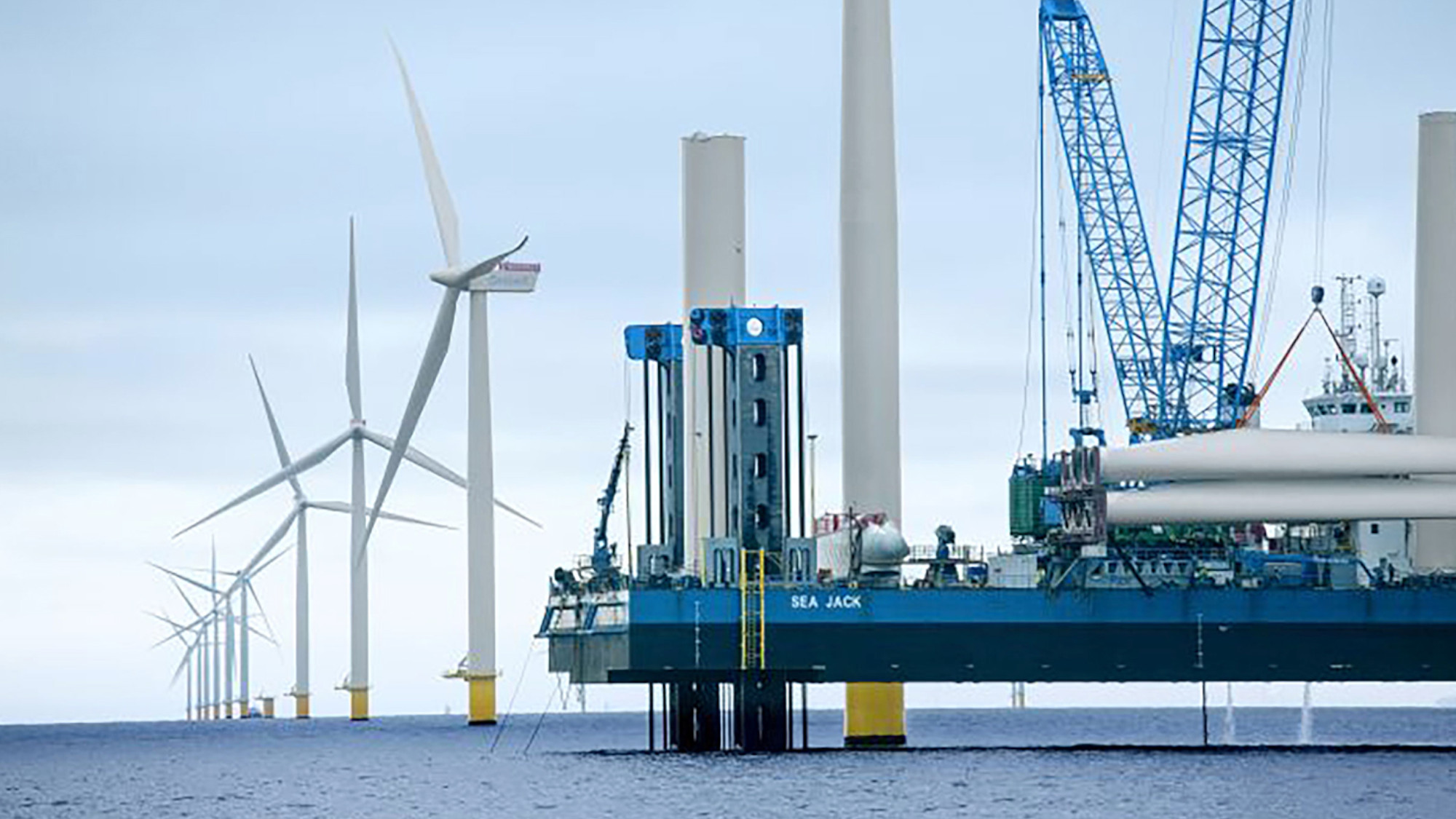 Tilting at windmills
Tilting at windmillsFeature President Trump has long loathed wind power. Now his administration is trying to kill the industry.
